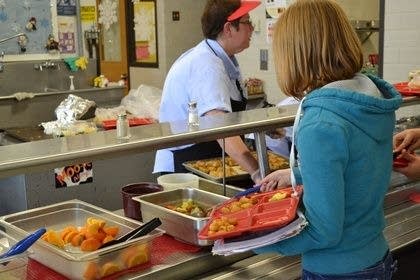Summer food programs put kids at ease

Go Deeper.
Create an account or log in to save stories.
Like this?
Thanks for liking this story! We have added it to a list of your favorite stories.








A verification code has been emailed to

Create an account or log in to save stories.
Thanks for liking this story! We have added it to a list of your favorite stories.